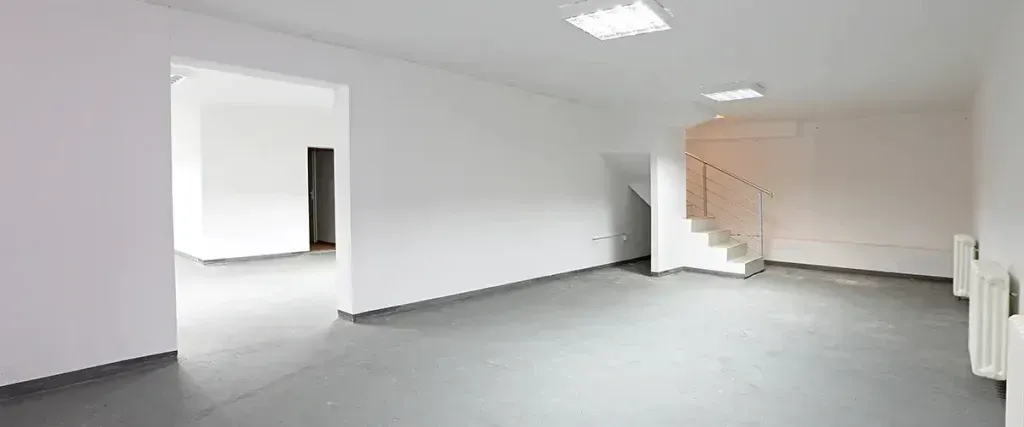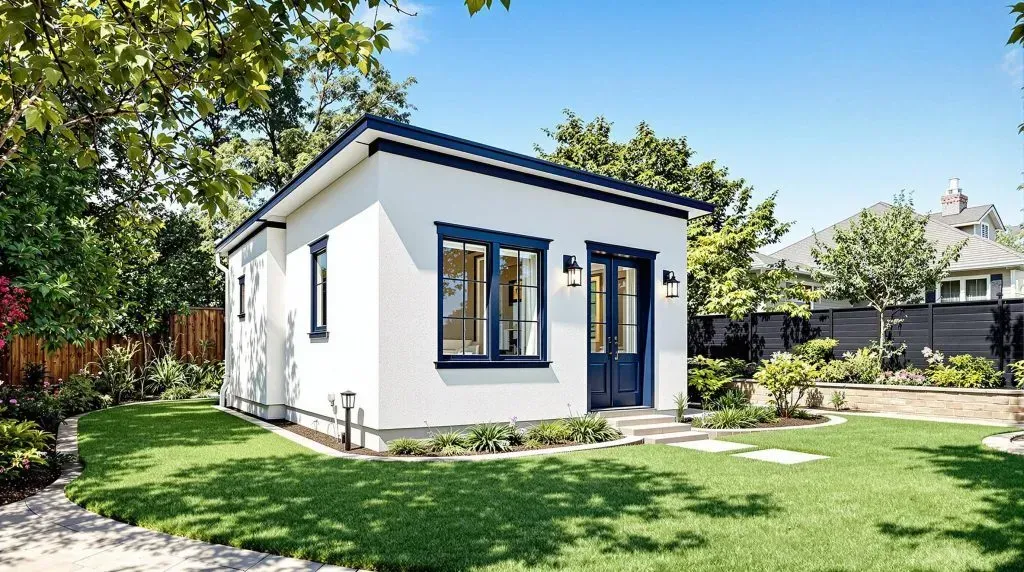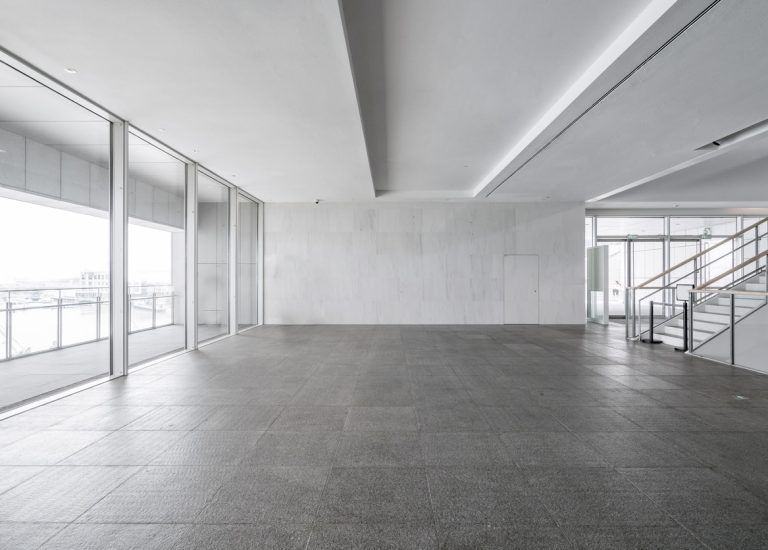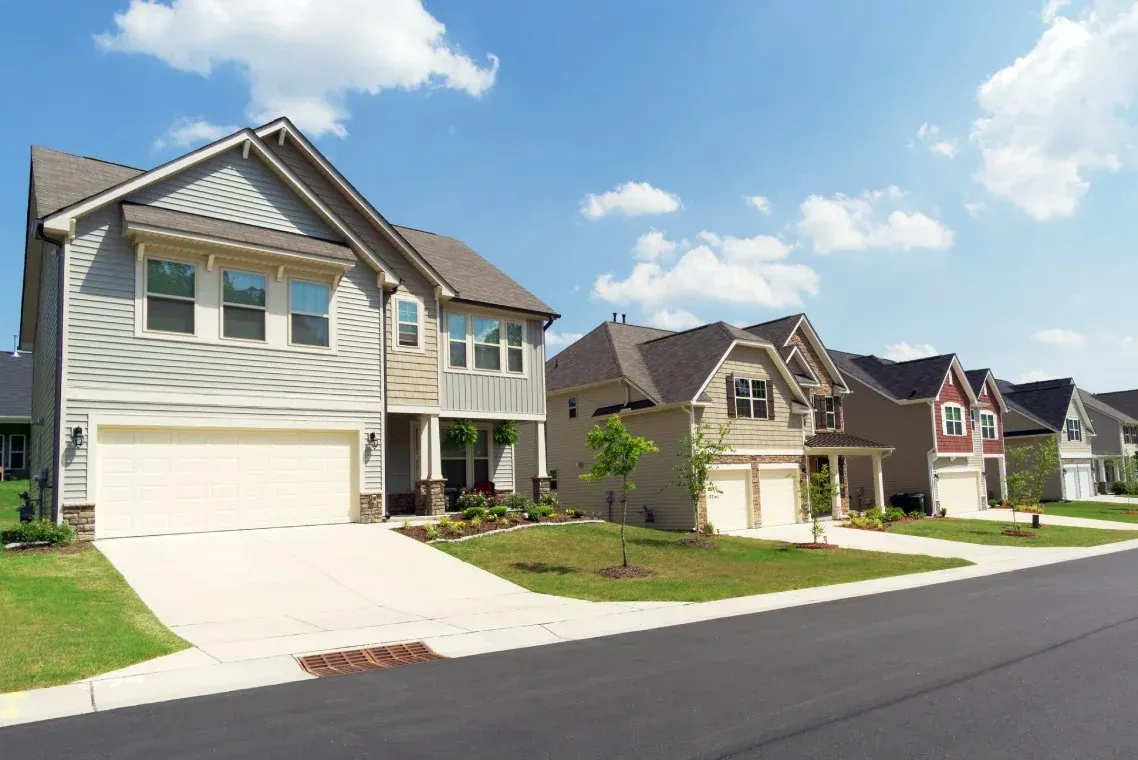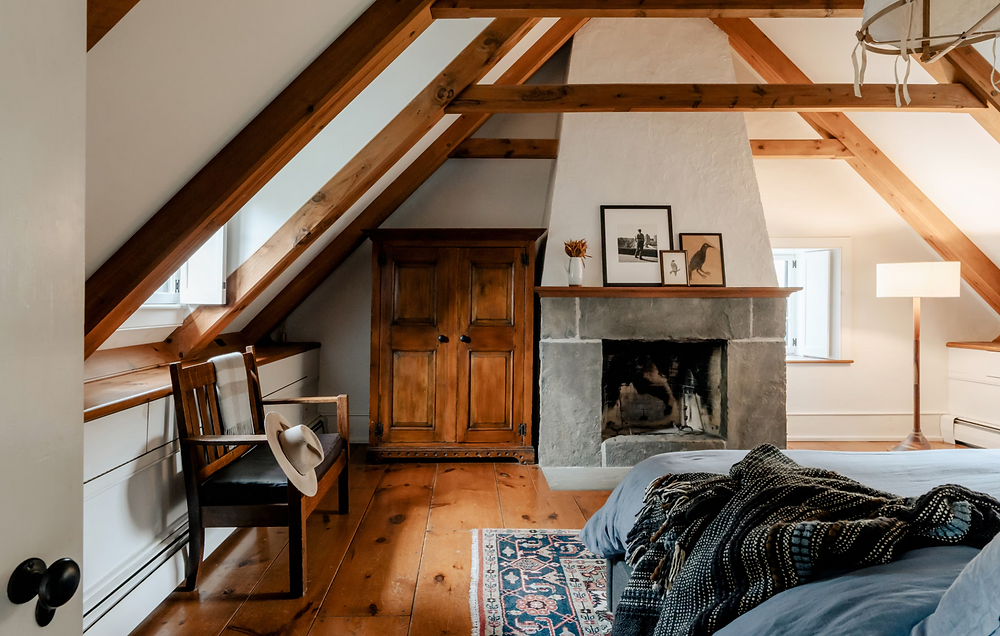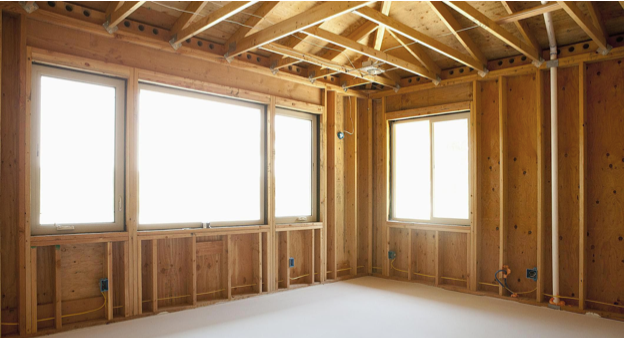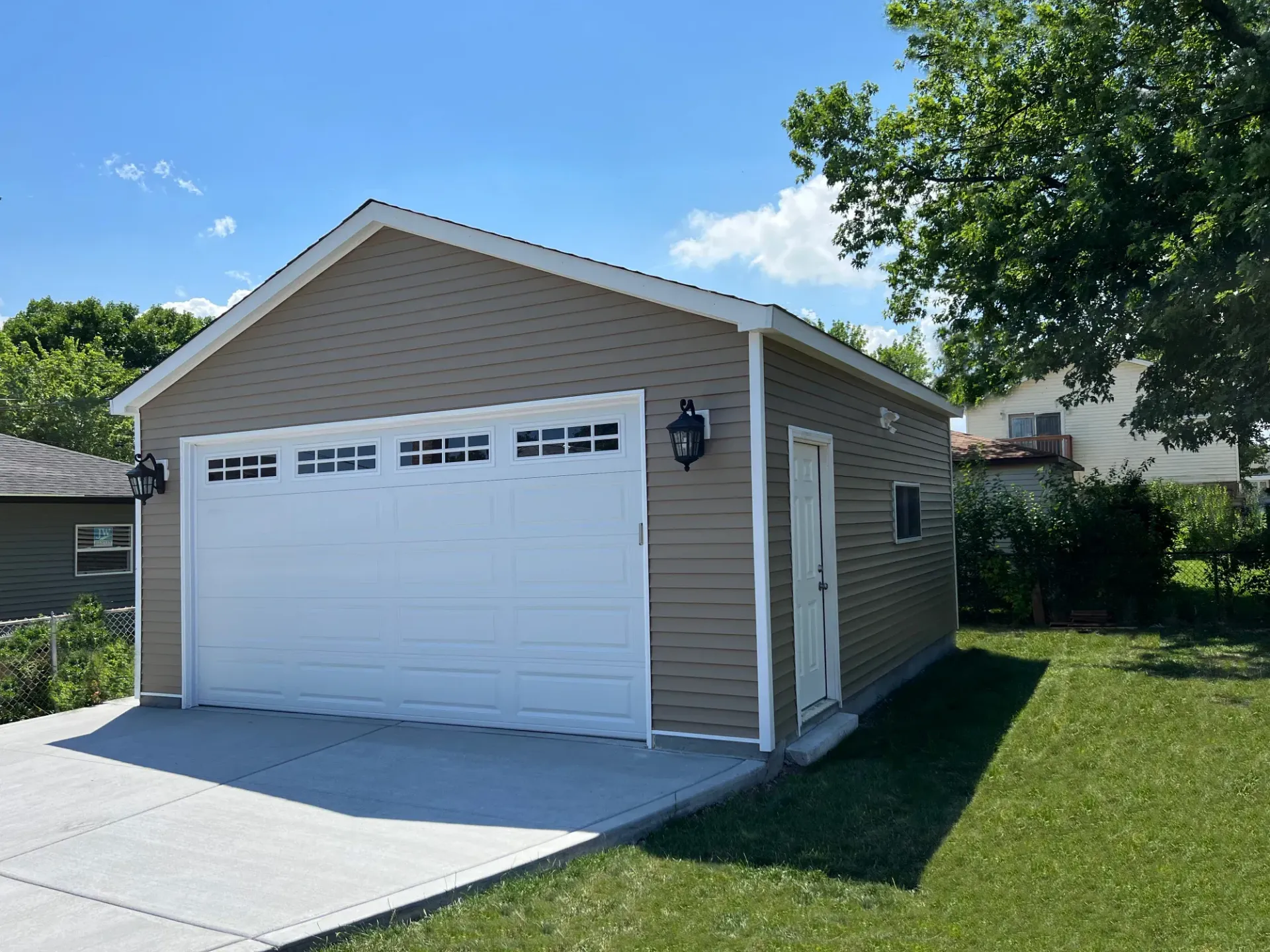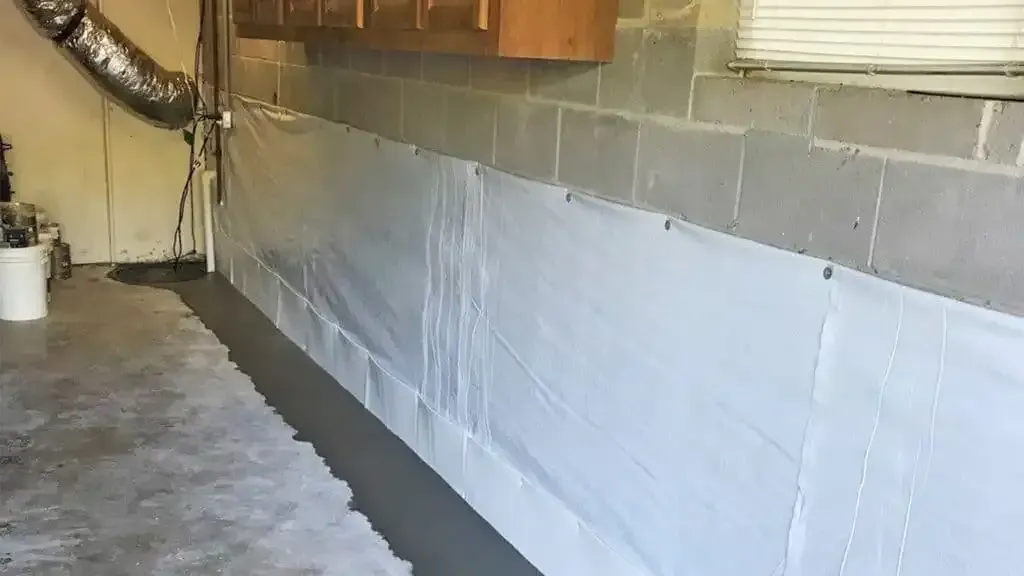Signs You Need to Repair a Deck in Rhode Island
You need a deck repair in Rhode Island if you notice loose railings, sagging boards, rusted fasteners, or soft spots in the wood. Rhode Island's coastal climate accelerates deck deterioration through salt air exposure, freeze-thaw cycles, and high humidity, making regular inspection and timely repairs essential for safety and longevity.
Critical Safety Warning Signs Requiring Immediate Repair
Structural Issues That Cannot Wait
Loose or Wobbly Railings
- Railings that move when pressure is applied
- Gaps between railing posts and deck frame
- Visible separation at connection points
- Balusters that can be easily moved or removed
Sagging or Bouncing Deck Boards
- Boards that flex excessively when walked on
- Visible sagging between joists
- Boards that have pulled away from fasteners
- Creaking or groaning sounds during use
Compromised Support Structure
- Posts that lean or show movement
- Beams with visible cracks or splits
- Joists that have separated from ledger boards
- Foundation settling or movement
Rhode Island - Specific Deck Deterioration Signs
Salt Air Damage Indicators
Rhode Island's coastal environment creates unique challenges for deck maintenance. Look for these salt air-related issues:
Fastener Corrosion
- Rust stains around screw or nail heads
- Fasteners that have lost their heads
- Metal railings with visible corrosion or pitting
- Galvanized coatings that have worn away
Accelerated Wood Decay
- Gray, weathered appearance despite recent staining
- Wood that feels soft or spongy when pressed
- Visible mold or mildew growth in joints
- End grain checking and splitting
Freeze-Thaw Cycle Damage
Rhode Island's variable winter temperatures create damaging freeze-thaw cycles, especially in areas like Providence, Warwick, and coastal communities:
Ice Damage Signs
- Cracked or split deck boards
- Lifted or warped planks
- Damaged flashing around ledger boards
- Gaps that have widened between boards
Visual Inspection Checklist for Rhode Island Decks
Surface-Level Warning Signs
Deck Board Conditions
- Splintering or rough surfaces that catch clothing
- Boards with large gaps (more than ¼ inch)
- Cupping or warping of individual planks
- Discoloration that doesn't respond to cleaning
Stain and Finish Deterioration
- Peeling or flaking stain or sealant
- Water absorption (drops soak in immediately)
- Faded or grayed wood despite recent treatment
- Uneven color or blotchy appearance
Hidden Structural Concerns
Ledger Board Issues
- Gaps between ledger board and house
- Water stains on siding above deck attachment
- Flashing that has pulled away or is missing
- Soft spots in ledger board when probed
Joist and Beam Problems
- Visible sagging between support points
- Cracks running perpendicular to wood grain
- Insect damage or boring holes
- Moisture damage at connection points
Seasonal Inspection Schedule for Rhode Island
Spring Inspection (April-May)
After Rhode Island's harsh winters, conduct a thorough spring inspection:
- Check for winter damage from ice and snow
- Inspect all fasteners for corrosion
- Look for boards that have moved or warped
- Test railing stability after freeze-thaw cycles
Summer Inspection (July-August)
During peak deck usage season:
- Monitor high-traffic areas for excessive wear
- Check for loose fasteners from expansion/contraction
- Inspect stain condition during hottest months
- Look for signs of insect activity
Fall Inspection (October-November)
Before winter preparation:
- Assess overall condition before winter weather
- Identify repairs needed before spring
- Check drainage and water management systems
- Inspect flashing and weather barriers
Age-Related Repair Indicators
5-10 Year Old Decks
Common Issues
- First major staining or sealing needs
- Minor fastener replacement
- Individual board replacement
- Railing tightening and adjustment
10-15 Year Old Decks
Typical Problems
- Structural fastener replacement
- Multiple board replacement
- Railing system updates
- Flashing repair or replacement
15+ Year Old Decks
Major Concerns
- Complete refinishing needs
- Structural beam evaluation
- Foundation and post assessment
- Consider partial or complete reconstruction
Rhode Island Climate - Specific Damage Patterns
Coastal Area Challenges
Newport, Westerly, Narragansett
- Accelerated salt air corrosion
- Higher humidity causing persistent moisture issues
- Storm damage from coastal weather events
- Sand and salt accumulation requiring frequent cleaning
Urban Environment Issues
Providence, Warwick, Cranston
- Air pollution accelerating finish deterioration
- Limited drainage causing water pooling
- Heat island effects increasing expansion/contraction
- Restricted access complicating maintenance
Inland Deck Concerns
Cumberland, West Warwick, Woonsocket
- Greater temperature extremes causing more wood movement
- Higher snow loads creating structural stress
- Tree debris accumulation
- Different wood species performing differently
When to Call a Professional vs. DIY Repairs
Safe DIY Repairs
Minor Issues You Can Handle
- Tightening loose fasteners with proper tools
- Replacing individual damaged deck boards
- Cleaning and applying new stain or sealant
- Minor railing adjustments
Required Tools and Skills
- Basic carpentry knowledge
- Proper safety equipment
- Understanding of load-bearing vs. non-structural elements
- Knowledge of Rhode Island building codes
Professional Repair Requirements
Structural Issues Requiring Experts
- Ledger board replacement or repair
- Foundation or post structural work
- Major joist or beam replacement
- Electrical work for deck lighting
- Permit-required modifications
Safety Considerations
- Work involving structural integrity
- Repairs near electrical connections
- Multi-level deck modifications
- Insurance liability concerns
Cost Indicators for Common Rhode Island Deck Repairs
Minor Repairs ($200-$800)
- Individual board replacement
- Fastener tightening and replacement
- Basic staining and sealing
- Minor railing adjustments
Moderate Repairs ($800-$3,000)
- Multiple board replacement
- Railing system repair
- Flashing replacement
- Structural fastener updates
Major Repairs ($3,000+)
- Ledger board replacement
- Foundation work
- Complete deck refinishing
- Structural beam replacement
Emergency Repair Situations
Immediate Safety Hazards
Call Professionals Immediately If:
- Deck shows signs of structural failure
- Railings are completely loose or missing
- Large sections of decking are compromised
- Foundation settlement is evident
Temporary Safety Measures
- Restrict access to dangerous areas
- Install temporary barriers around hazards
- Document damage with photos for insurance
- Contact local building department if structural integrity is questioned
Preventive Maintenance to Avoid Major Repairs
Annual Maintenance Tasks
Spring Tasks
- Deep clean all surfaces
- Inspect and tighten all fasteners
- Apply fresh stain or sealant as needed
- Check drainage and make adjustments
Fall Tasks
- Remove debris and organic matter
- Inspect for damage before winter
- Apply protective treatments
- Prepare for snow load management
Long-term Protection Strategies
Material Upgrades
- Upgrade to stainless steel fasteners in coastal areas
- Consider composite or PVC boards for high-wear areas
- Install proper flashing and drainage systems
- Use marine-grade finishes for salt air protection
Regional Building Code Considerations
Rhode Island State Requirements
- Decks over 30 inches high require permits
- Structural modifications need professional plans
- Safety railing height and spacing requirements
- Foundation depth requirements for frost protection
Municipal Variations
Providence Area
- Additional urban building considerations
- Historic district restrictions may apply
- Accessibility requirements for certain properties
Coastal Communities
- Additional wind load requirements
- Flood zone considerations
- Environmental protection regulations
Frequently Asked Questions
Q: How often should I inspect my deck in Rhode Island? A: Inspect your deck at least twice yearly - spring and fall - with additional checks after major storms.
Q: What's the most common deck problem in Rhode Island? A: Fastener corrosion due to salt air exposure, followed by moisture-related wood decay.
Q: Can I repair my deck myself or do I need a professional? A: Minor repairs like board replacement and fastener tightening can be DIY, but structural issues require professionals.
Q: How do I know if my deck is beyond repair? A: If structural elements like posts, beams, or ledger boards are compromised, replacement may be more cost-effective than repair.
Q: What causes decks to deteriorate faster in Rhode Island? A: Salt air, freeze-thaw cycles, high humidity, and coastal storms accelerate deck deterioration compared to inland climates.
Q: When is the best time to repair a deck in Rhode Island? A: Late spring through early fall provides the best weather conditions for deck repairs and refinishing.
Red Flags That Indicate Immediate Professional Assessment
Structural Warning Signs
- Any movement in posts or beams
- Cracks in structural lumber
- Separation between deck and house
- Foundation settling or shifting
Safety Hazards
- Loose railings that could cause falls
- Deck boards that could break under normal use
- Electrical issues with deck lighting or outlets
- Access problems due to structural damage
Long-term Deck Health Strategy
Proactive Approach Benefits
- Extends deck lifespan significantly
- Prevents minor issues from becoming major problems
- Maintains property value and curb appeal
- Ensures ongoing safety for family and guests
Investment Protection
A well-maintained deck in Rhode Island can last 15-25 years with proper care, while neglected decks may require replacement in as little as 8-12 years. Regular maintenance and timely repairs provide excellent return on investment.
Concerned about your deck's condition? Rockhouse Construction specializes in deck repair and restoration throughout Rhode Island. Our experienced team understands the unique challenges of coastal New England weather and uses marine-grade materials designed for Rhode Island's harsh environment. From minor board replacement to major structural repairs, we ensure your deck is safe, beautiful, and built to last. Contact us today for a comprehensive deck inspection and repair estimate.
